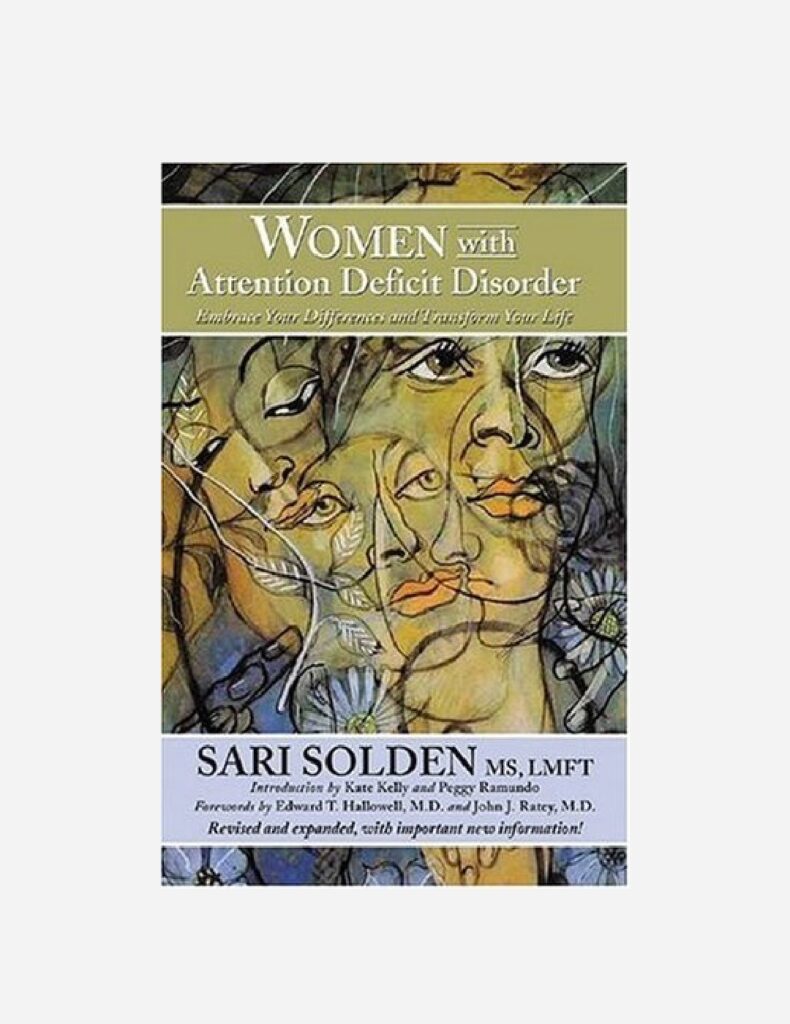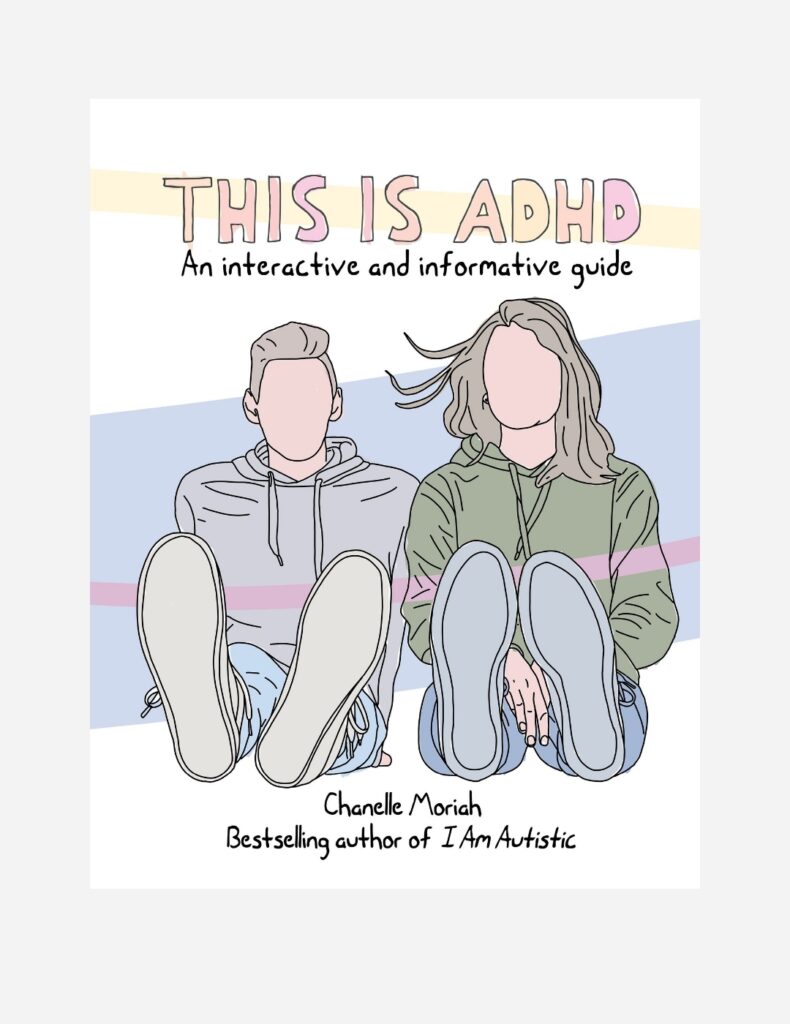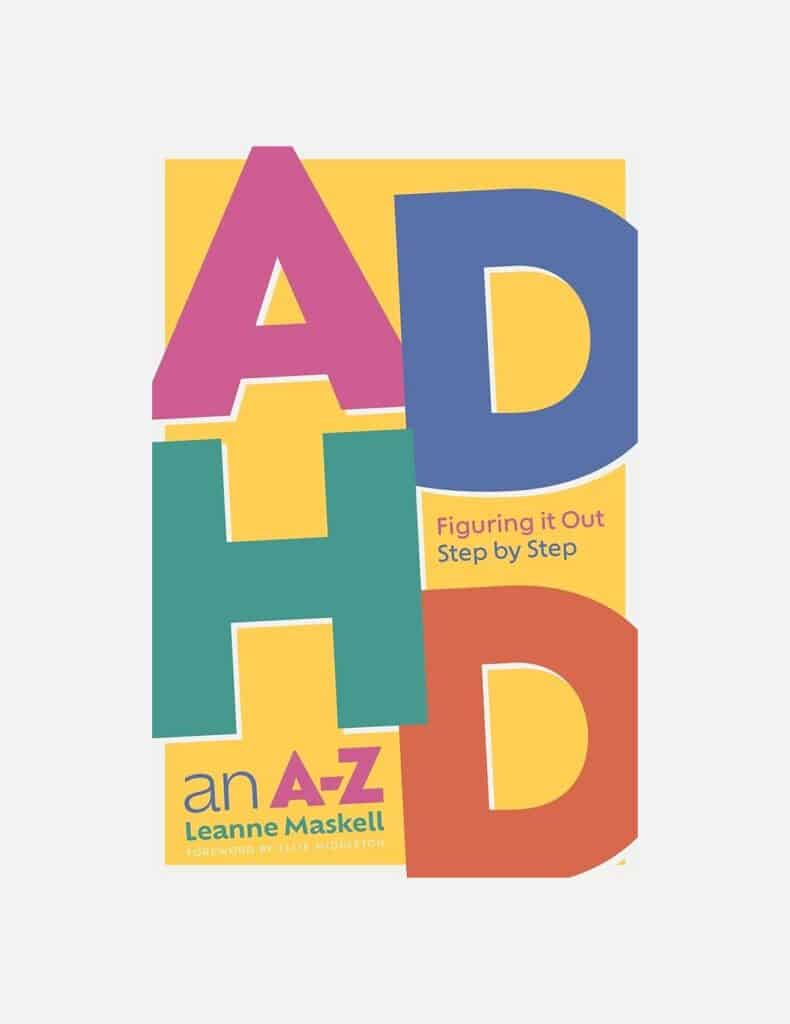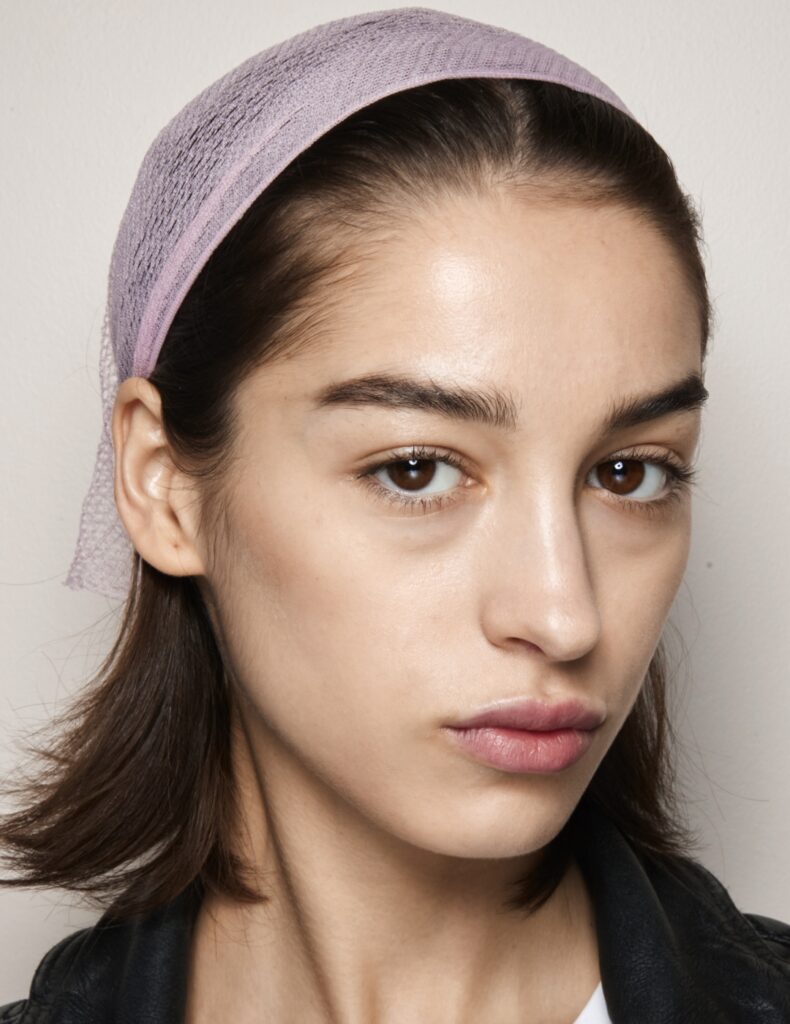
Pōneke/Wellington-based neurodivergent author and illustrator Chanelle Moriah (they/them) was officially diagnosed with ADHD at 22. They published This is ADHD: An Interactive and Informative Guide in May last year, a book for those formally diagnosed or self-diagnosed with ADHD, and one that tellingly remains on the Nielsen BookScan weekly top 10 non-fiction bestseller list in Aotearoa.
What is ADHD?
ADHD (attention deficit hyperactivity disorder) is, Moriah writes, “a neurodevelopmental condition, which means it relates to, or involves, the development of a person’s nervous system”. The nervous system, they go on to explain, “is the communicator between our body and our brain and… ADHD is a condition in which it has developed differently and functions differently to that of most people, involving all aspects of how our minds and bodies work.” For many of us, when we hear “ADHD”, we picture a child, usually a boy, who cannot sit still. But what we’re swiftly learning is that there are different types of ADHD and different ways in which those who have it experience the traits — especially girls and women.
ADHD is a condition you develop during childhood, almost always before age 12, and it is technically a lifelong condition. Psychiatrists still don’t fully understand why or how some people develop ADHD, but they do know there’s a strong genetic link. That means that your chance of having ADHD is higher if at least one of your parents has it. It’s also why we’re seeing more and more parents of children with ADHD getting diagnosed in adulthood.
Why aren’t more women being diagnosed with ADHD?
In New Zealand, while some psychiatrists admit that 40 per cent of parents with children who are diagnosed with ADHD are potentially undiagnosed themselves, women remain under-researched and often misunderstood. According to the Mental Health Foundation, a young woman with ADHD may be more likely to daydream or be forgetful. The female presentation of ADHD symptoms can be much less disruptive, and so it’s not picked up as a formal disorder of attention. In the year ending 2023, Figure.nz reported 4.9 per cent of boys aged 10-14 had been diagnosed with ADHD, compared to 1.6 per cent of girls. Historically, research shows that one girl is diagnosed for every two boys, so it’s no wonder that ADHD rates have seemed higher in men and people assigned male at birth.
What difference would it make to be diagnosed in adulthood?
According to the Mental Health Foundation, ADHD means more than simply not being able to pay attention. Studies of brain scans show that children with ADHD seem to have brain circuits that are wired a little differently from other people’s, so messages are harder to understand. This can make it difficult to manage your daily life, especially tasks that require organisation, planning and focus. While it’s possible to adapt to having ADHD, and even to harness it and turn many of its symptoms into strengths, the various and varied symptoms of ADHD and how they manifest lead to executive dysfunction, affecting focus, concentration, emotional regulation, impulse control and self-motivation.


ADHD can also affect your relationships with others.
Sometimes people with ADHD also experience difficulties with alcohol, substance abuse, and ongoing emotional and lifestyle difficulties. For undiagnosed women, as the so-called “mother load” increases, life can become unmanageable. Sari Solden, whose book Women with Attention Deficit Disorder is another must-read, told ADDitude Magazine, women who have ADHD are often misdiagnosed and treated for something other than an attention deficit. “Even if they go to their doctor or complain to their therapist of feeling overwhelmed or disorganised, they’re much more likely to be given a diagnosis of a mood disorder.”
One Tāmaki Makaurau/Auckland woman, who preferred to remain anonymous, said that when her daughter was diagnosed with ADHD, she and her husband suspected they themselves were undiagnosed. Her husband saw a psychiatrist who made a diagnosis after one session and gave him the option of trying medication. Meanwhile, a psychologist told the woman she couldn’t possibly have ADHD because she had a university degree, while a psychiatrist chose to withhold a conclusive diagnosis because the woman was perimenopausal, advising her to try anti-anxiety medication and possibly hormone replacement therapy.
ADHD, pregnancy and periods. What’s the connection?
Still, it’s not just executive dysfunction that makes ADHD in women different to men. Kate Moryoussef, an accredited EFT [Emotion-focused therapy] and NLP [Neuro-linguistic programming] practitioner, and wellbeing coach, who has been diagnosed with ADHD herself, has been working to understand the connection between hormone sensitivities and neurodivergence — at all stages.
“During my pregnancy, after the horrendous sickness subsided, I did feel good. My mood and energy levels for the last four months were better. However, the crash happened a few days post-childbirth,” she says. Last year, a Swedish study confirmed her suspicions: women with ADHD are six times more likely than neurotypical mothers to experience postpartum anxiety, and five times more likely to experience postpartum depression. And more and more studies are confirming what many women with ADHD know to be anecdotally true: that having ADHD affects the menstrual cycle, often leading to heavier periods or even fibroids.
Of course, it’s not all bad news.
ADHD does come with what many consider “superpowers”, especially for adults. For example, when someone with ADHD starts doing something they’re interested in, the enjoyment of the task can trigger a release of dopamine in the brain, which makes it easier to stay focussed. Studies suggest that impulsivity, one of the main symptoms of ADHD, might lead people to have more original ideas, possibly because a lack of inner inhibition often goes hand in hand with people with the condition. This means they don’t suffer the inner critic that can often silence the flow of ideas.
“If you’re neurodivergent, your brain is wired differently to ‘most’ people — which is a good thing!
People with ADHD can also often be risk-takers, more comfortable with putting themselves out there and facing possible rejection. “If you’re neurodivergent, your brain is wired differently to ‘most’ people — which is a good thing! You think outside of the box and ask ‘why’ instead of following orders,” fashion model, coach, and author of ADHD: An A to Z, Leanne Maskell recently told Forbes. It may even explain why you’re always ahead of the crowd when it comes to fashion.
According to one psychotherapist with ADHD, people with the condition are susceptible to the cycle of trends. “When you have ADHD, you are very severely enthusiastic about things,” she told Refinery29.com. “Let’s say there’s a new trend that’s come out and you get really excited about it. Your entire brain will focus on it. You’ll go down rabbit holes, you’ll look up everything online — in that present moment, you will be the biggest enthusiast you know about that trend.”
Words: Nadine Rubin Nathan
Images: Launchemtrics.com/Spotlight, Supplied












